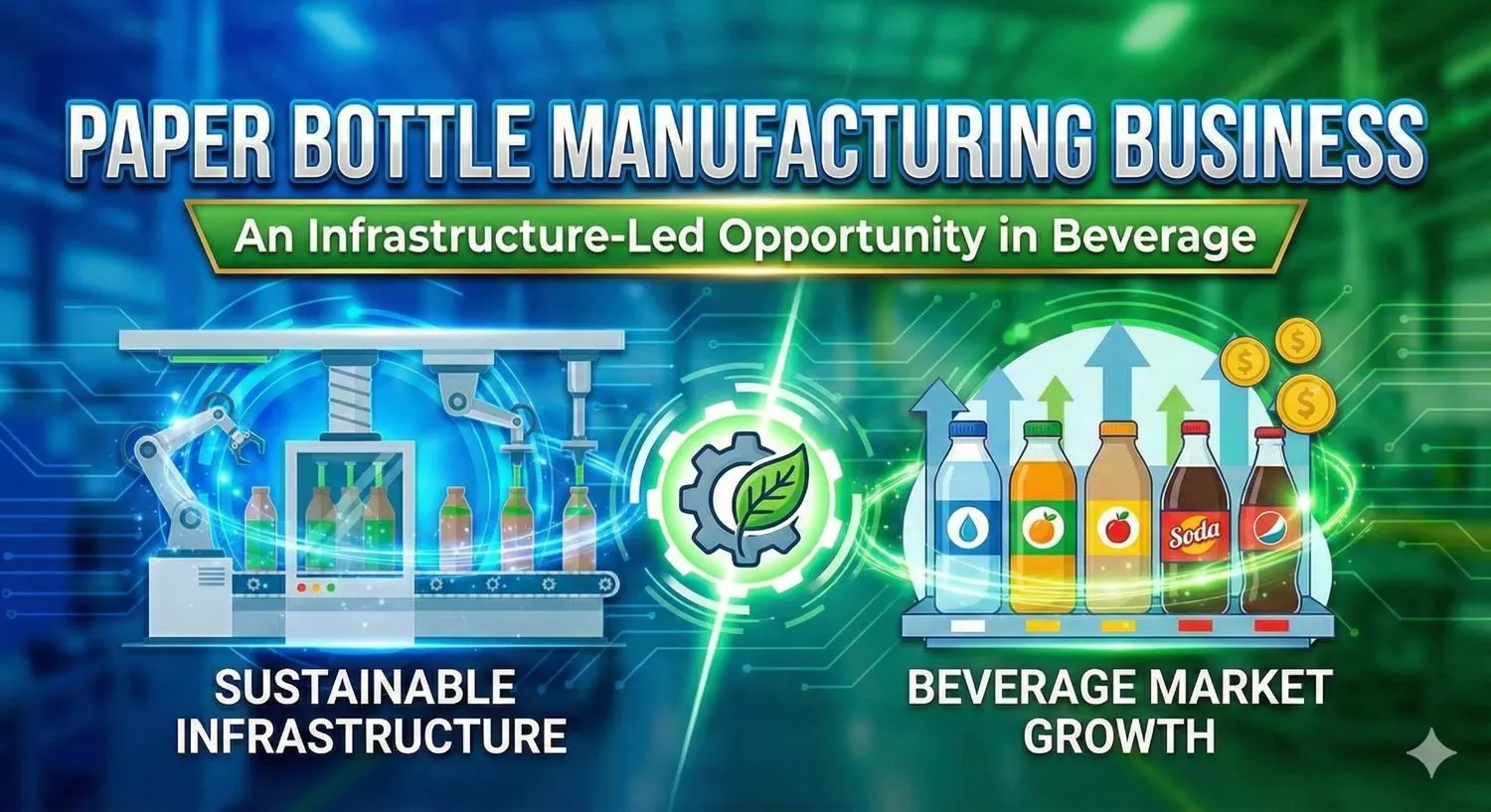The oil business has always been a cornerstone of the world economy. Crude oil is used for energy or our edible oil in the kitchen; oils shape industries and matter daily. A discernment of oil business trends and foresight of the future can assist businesses and the commoners to make the best decisions. In this blog we look at the latest crude oil/edible oil trends and where these may go in the future.
Contents
The Growing Demand for Crude and Edible Oils
Demand for not only crude oil but also edible oils has skyrocketed over the past few years. There have been many key shifts in the oil business. As the global economy recovers from the pandemic, demand for crude oil has surged, and there are already unrest. Secondly, there are growing public, population, and food preference requirements for edible oils.
Crude Oil’s Role in Shaping the Energy Industry
Crude oil trading can be classified as one of the largest markets in the world; it has billions of invested investments in production, processing, and distribution. Global crude oil prices are on the level of stabilization after the swings the previous years suffered. From the oil production point of view, oil-producing countries, such as those in the Middle East and North America, are also important.
Our Books
The oil business needing more renewable energy sources is one of the biggest challenges. Crude oil continues to be an essential element of global energy consumption, even amidst this, in transportation and industrial sectors.
Consumer Trends in the Edible Oil Market
Worldwide consumption of edible oils has increased demand. Consumers are today more health conscious, and they prefer oils that appear healthy. Olive, sunflower, and canola oils are a hit because of their lower saturated fat content. However, companies that are into cooking oil manufacturing are modifying their products to suit these consumer definitions.
Being the largest edible oil consumer in the world, one of the reasons for all the use of edible oils is due to its large population. The edible oil manufacturing business is expected to grow significantly due to the rising middle class in the country and changing dietary habits.
Key Trends in the Oil Business
Growing Popularity of Health-Conscious Oils
The increasingly health-conscious people are demanding healthier cooking oils. More and more, consumers are relying on oils that are low in cholesterol and high in unsaturated fats. Therefore, olive oil, avocado oil, coconut oil, etc., have become favourites.
Sustainability in Oil Production
The business of oil is becoming cleaner. The business of edible oil manufacturing is adapting to more sustainable practices in response to the worlds environmental challenges. That means we’re resource aware, including sourcing raw materials with respect, reusing re processable materials, and exploring more sustainable ways to extract oils.
The Role of Technology in Oil Production
The oil business also has another role to play in technological progression, which will shape its future. Technology is helping businesses lower costs and improve the production efficiency in processing the product, including extracting oils more efficiently. They are using investment in new digital tools and machinery in the oil production industry to streamline their operations.
Our Project Reports
Future Outlook for the Oil Business
Growth of the Edible Oil Market
Edible oil manufacturing businesses will have a future. Due to the rise of health-conscious eating habits, there is an increasing demand for oils with some nutritious oil content. The edible oil market is expected to continue on the expanding march as innovations in product development come in.
Growing urbanization, changing food habits, and higher awareness of health and wellness are expected to augment Indias edible oils demand. This is also reflecting on the development of the market by increasing disposable incomes, particularly in rural areas. According to the National Oil seeds and Produce Development Boards report, the Indian edible oil market will grow by over 5% every year in the future.
Increased Focus on Bio fuels
It is probably the most significant shift the oil business has seen: bio fuels. Plant oils like canola and soy, the sources of bio fuels, are viewed as more sustainable than crude oil. Bio fuels are attracting attention as countries all around the world look for greener energy solutions. In the coming decades the oil business is going to take a deep dive into this area.
The Impact of Geopolitics on Crude Oil Prices
From geopolitics, crude oil prices have always been influenced. It can be the aftermath of a political crisis in an oil-producing country to changes in global trade agreements; such causes can greatly affect prices. There will be a continuation of the volatile future of the crude oil market due to global political instability and change in renewable technology.
Also Read
How the Indian Oil Business Is Evolving
Recently the Indian oil business has been undergoing a change. India is both a major consumer of crude oil and of edible oils and, as such, is a growing market. But Indias oil imports have left it exposed to rises and falls in global oil prices.
In the effort to address this, the Indian government has been relying on increasing domestic production of edible oils. India has also been increasing its bio fuel production capacity, and the edible oil manufacturing business in India is growing quickly. At the same time, India is trying to diversify its oil production, searching for fresh sources, including bio fuels and other renewable energy sources.
Recommendations for Businesses in the Oil Industry
- Focus on Sustainability: Oil business “whether related to crude oil or edible oil” should give utter priority to sustainability. It could be to adopt green technologies, minimize waste, and practice the Eco-friendly production methods.
- Invest in Health-Conscious Products: Healthy oils are here to stay. Businesses that are focused on cooking oil manufacturing should consider selling offerings of oils with health benefits (like low saturated fats or high omega-3), which is becoming a demand in the market for healthier food options.
- Leverage Technology: Modernization of oil extraction, refining, and distribution is a great deal to help businesses cut costs, as well as increasing production efficiency. With the rise of automation, AI, and other technologies, they could survive.
- Explore Bio fuels: The oil business must focus on research and development of bio fuels to match the growing interest in renewable energy. It also presents a huge opportunity, and governments all over the world are giving incentives for making bio fuels.
Also Read
Conclusion
The future of the oil business is bright, with both crude oil and edible oil opening up new doors. Those businesses that can best adapt to changing consumer preferences, what is being referred to as sustainability and the usage of technological advancements, will be the most successful. If youre considering getting into the edible oil manufacturing business or looking to expand your existing business, now is a good opportunity to look into some new opportunities.
Be ready for detailed market research and business plans before you start your oil business, as NIIR Project Consultancy Services is a ready source of detailed market research and business plans. They provide numerous services that assist a business to begin in the edible oil manufacturing business or other parts of the oil business.
Contact Us
Frequently Asked Question
What are the current global market trends for crude oil?
The global crude oil market shows mixed signals for the near future. Some analysts predict oversupply and a possible glut as production rises faster than demand growth, while others see tighter balances due to geopolitical factors and supply cuts announced by major producers.
How is global crude oil demand expected to change in the coming years?
Forecasts indicate that world oil demand may continue growing modestly in the short term, with a possible peak in the early 2030s due to efficiency improvements and shifts toward alternative energy.
What key factors influence edible oil market growth?
The global edible oil market is expanding because of rising health awareness, increasing demand for plant-based and specialty oils, and growth in food processing industries. Projections show steady growth with a compound annual increase through the next decade.
How are edible oil prices being shaped by global trends?
Edible oil prices are influenced by raw material supply volatility (like palm and soybean oil), shifting consumer preferences toward healthier oils, and logistical or trade barriers that affect imports and exports.















